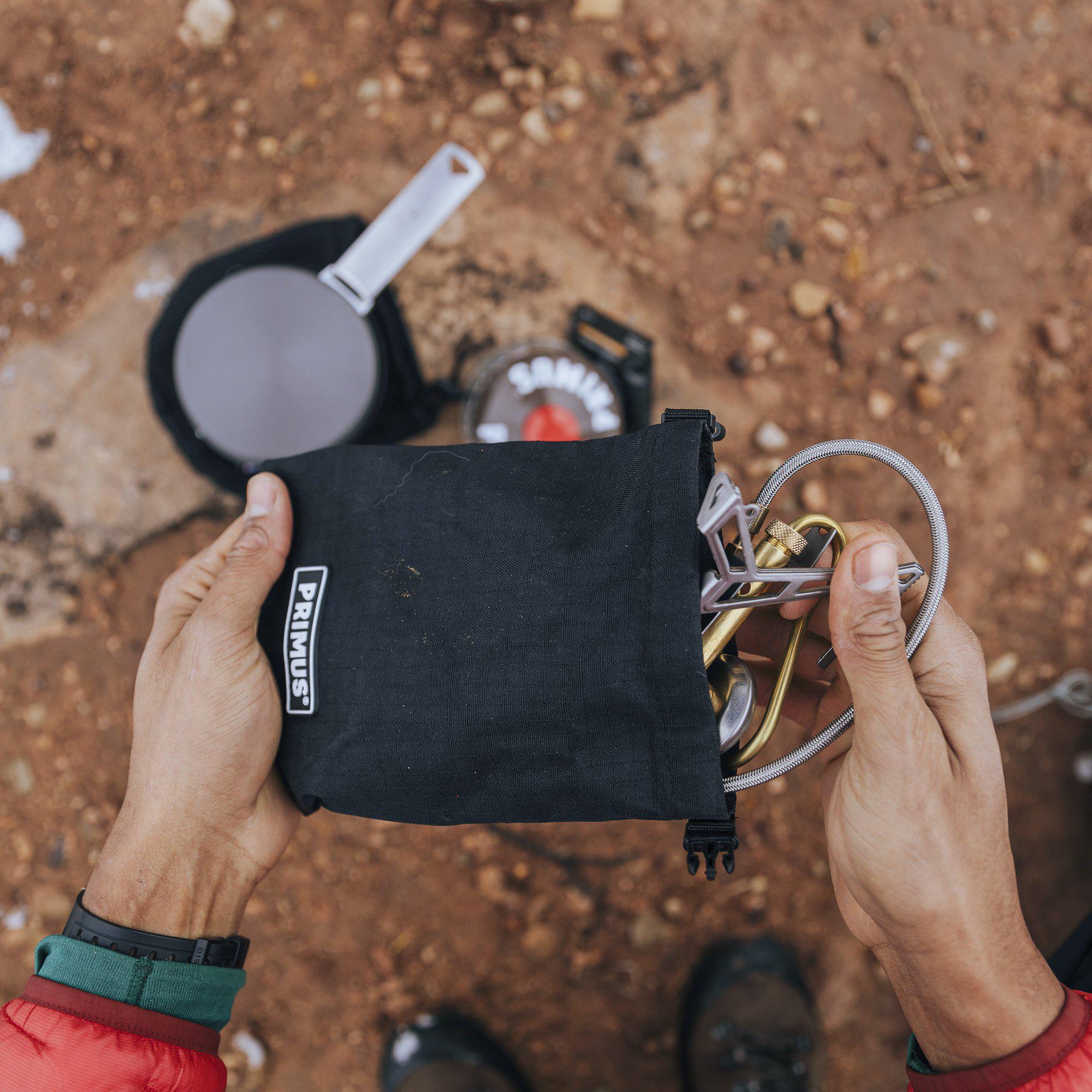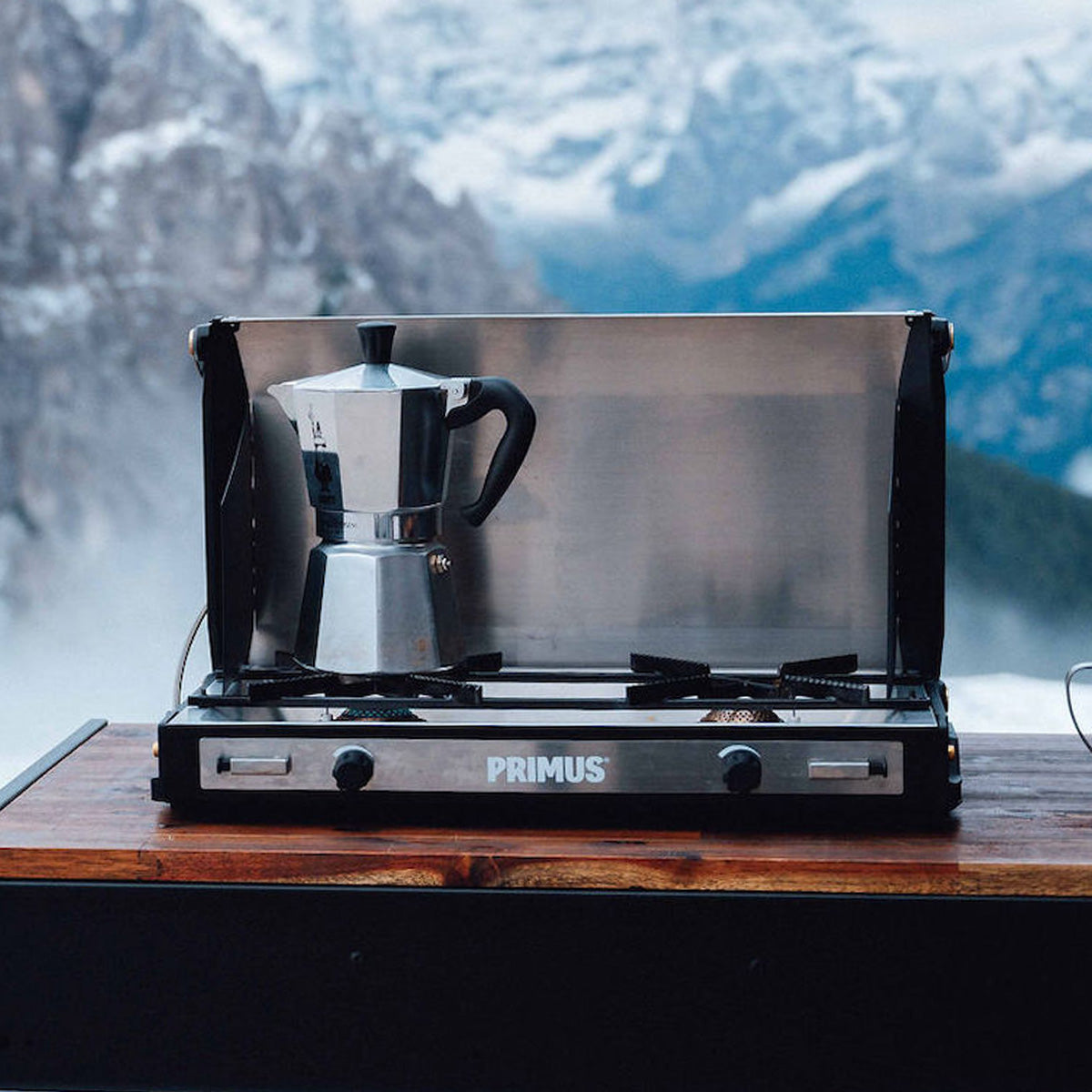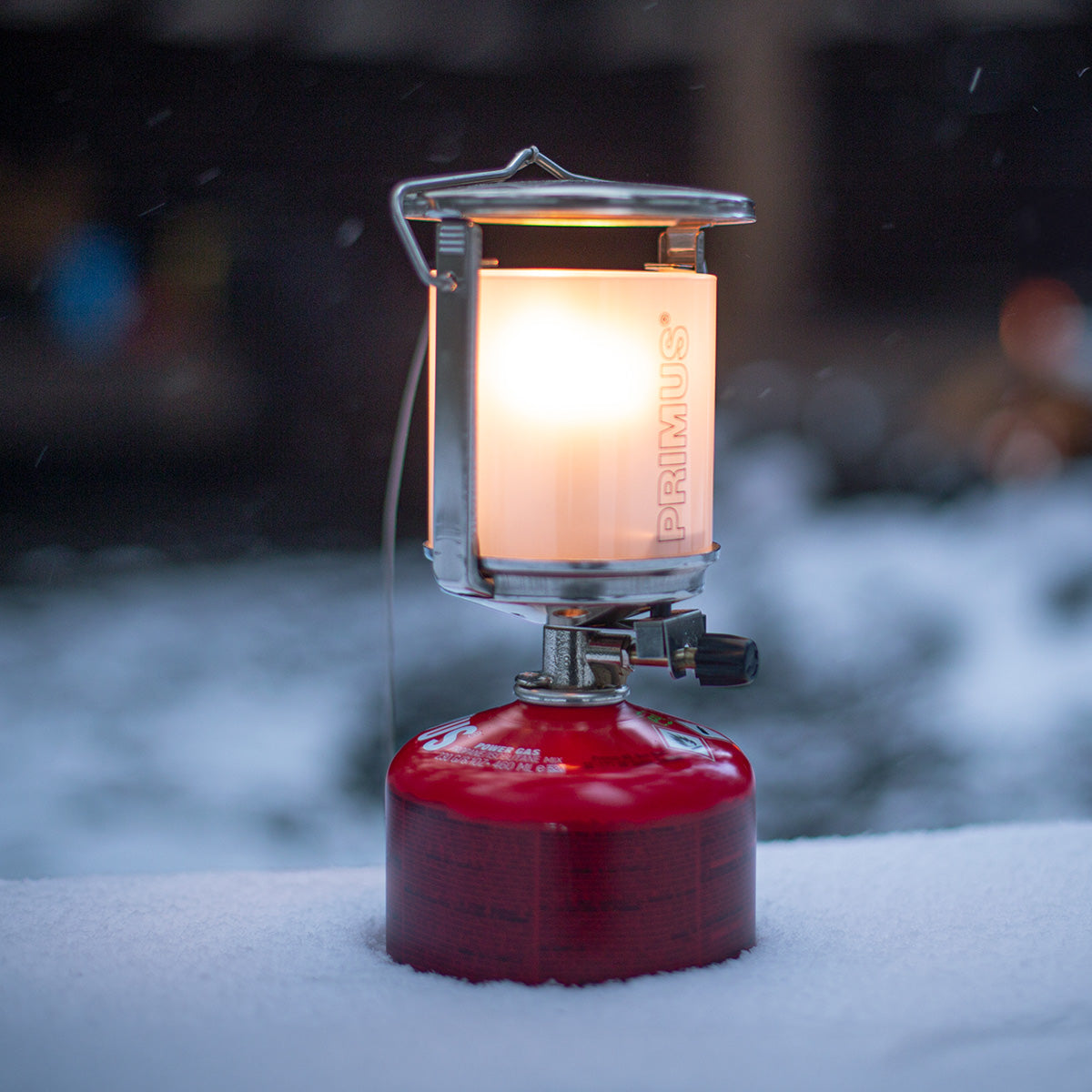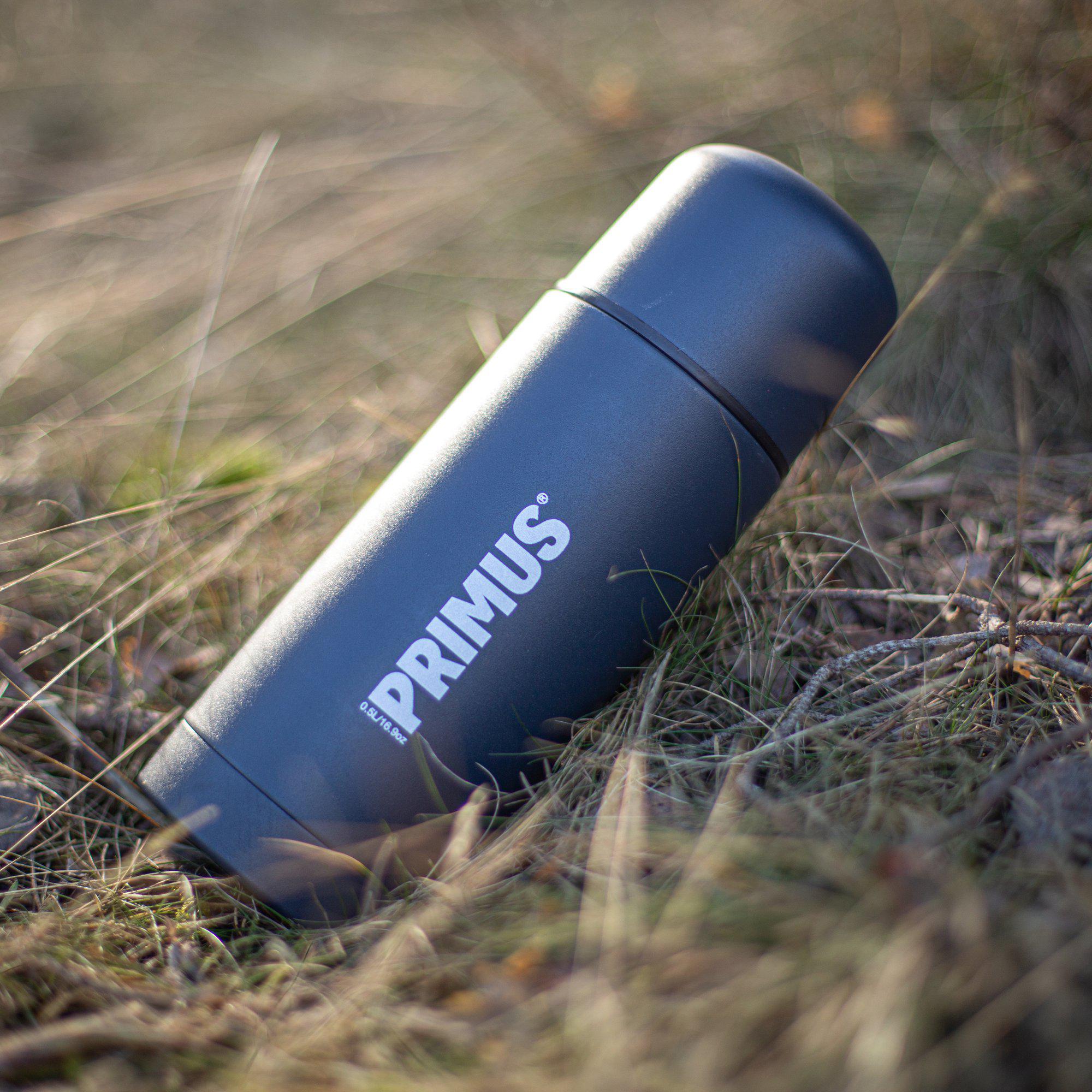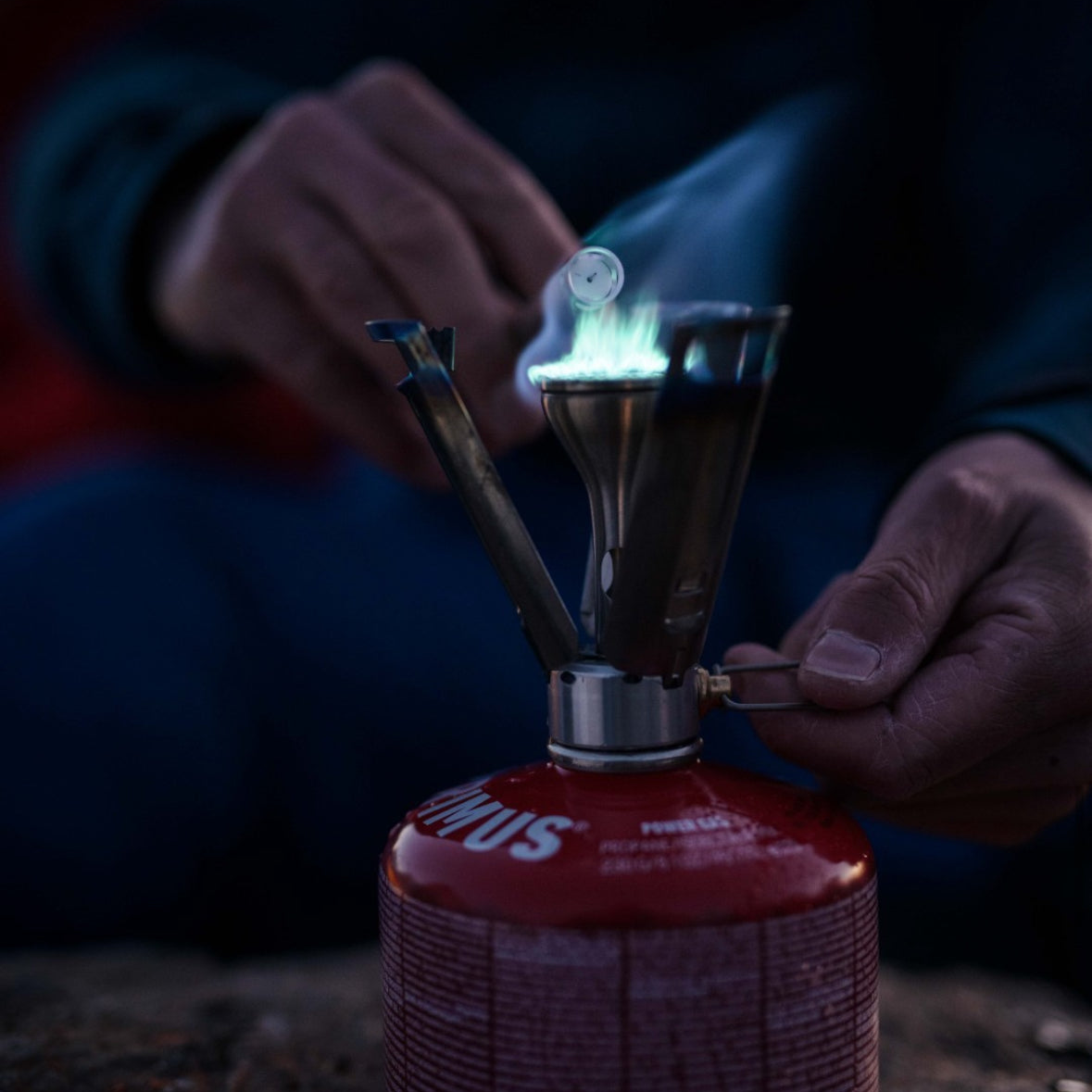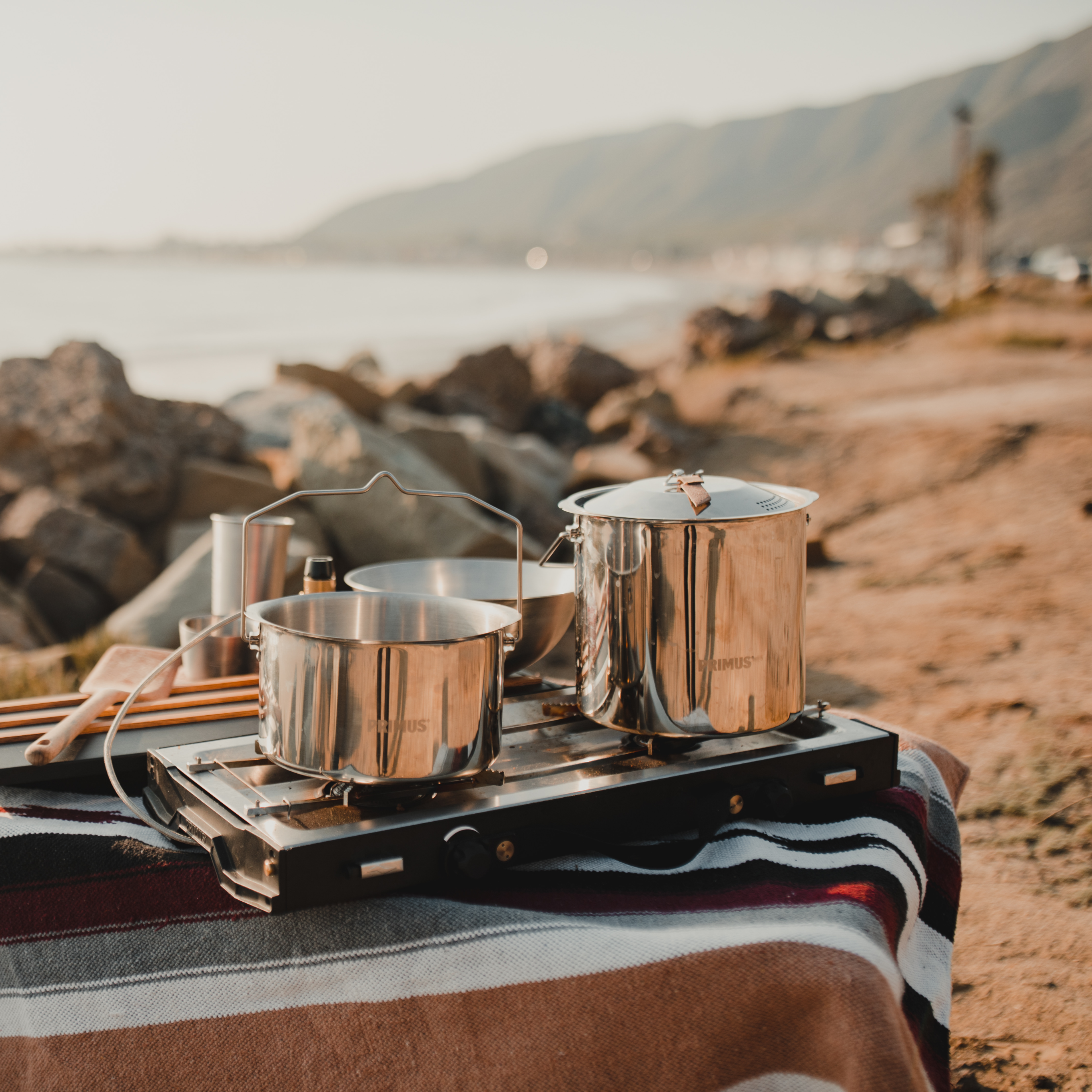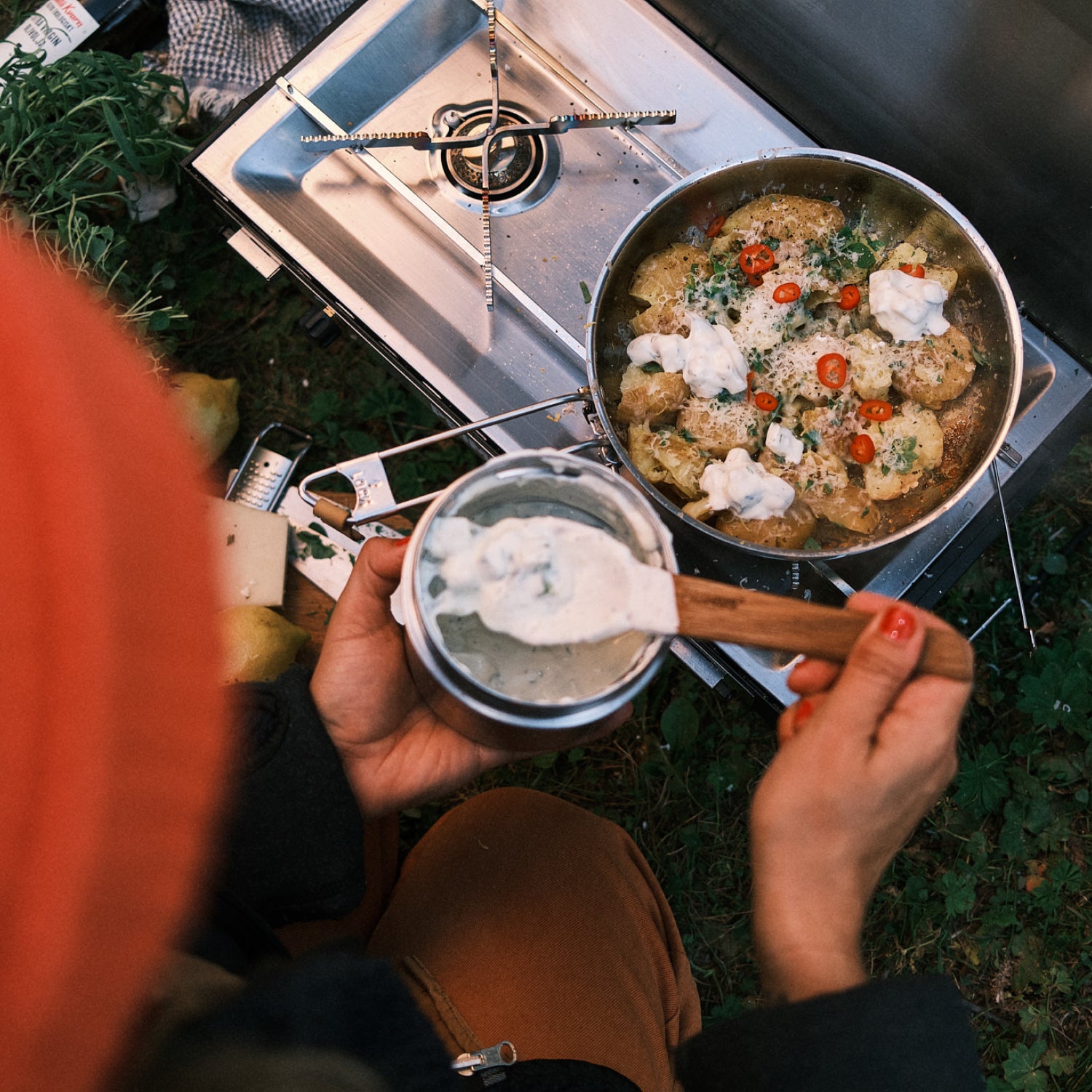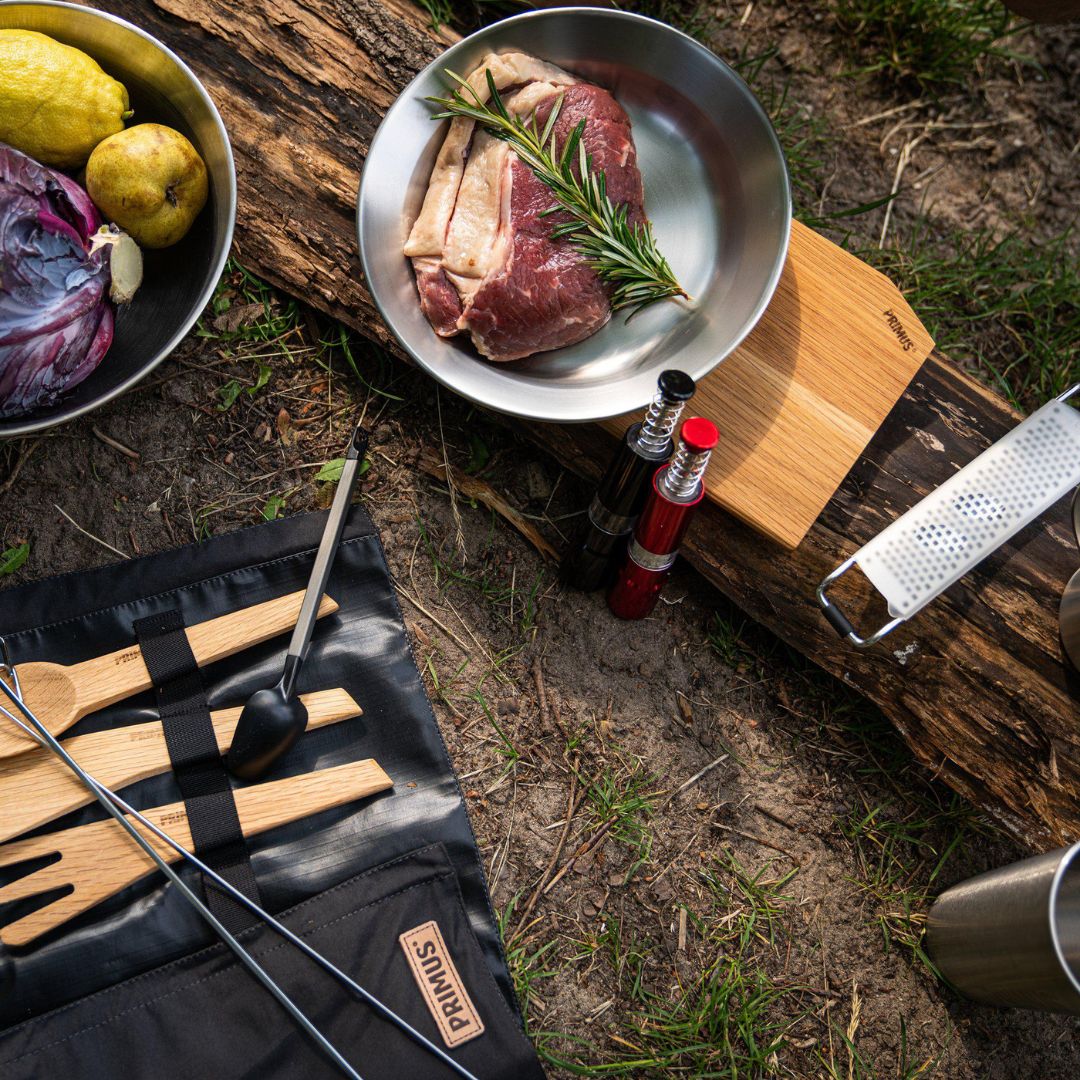Cork: A sustainable, versatile, and long-lasting natural resource
Cork as we know it is the outer bark of the cork oak. The bark can be harvested when a tree reaches 30 years, and then can be re-harvested every 9 or so years for the life span of the tree (which can be over 200 years) allowing for over 15 cork harvests. Making it a natural and regenerative resource.
Cork also has many technical benefits. Cork is water-repellent, airtight and can be formed into a wide variety of shapes and sizes. To make the cork the shape we want, small pieces are glued together into either a sheet or into the needed form. Most of the world production is around the Mediterranean, but we buy our cork from China as it is closer to our suppliers.


